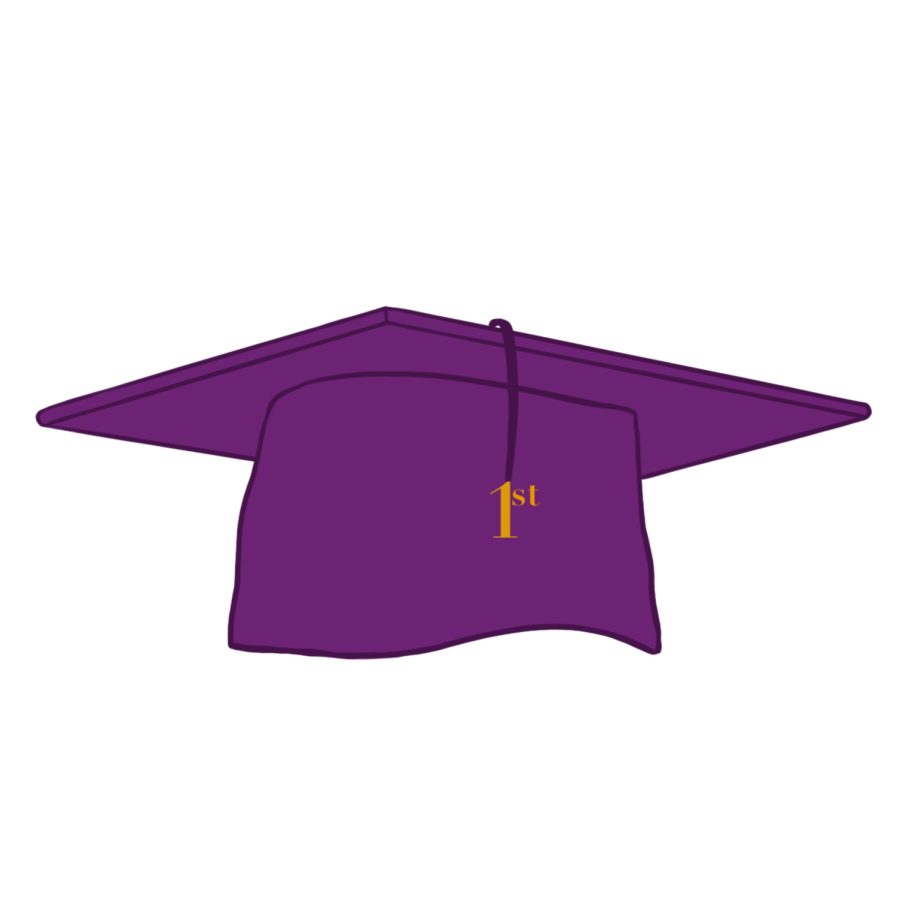TRIO grant provides five years of support
April 13, 2023
In the fall 2022 semester, the TRIO Student Support Services program was established at The University of North Alabama. TRIO represents eight federally funded grant programs supported by the Higher Education Act. TRIO SSS at UNA is in its first year of the five years it has been approved to receive a grant for. In their fifth year they will rewrite and reapply to be approved for five more years.
Christian Jones, the Director of SSS, received both his bachelors and masters degrees in History from UNA. He taught as an adjunct professor for a few years post graduation, until he saw an opening for a position working with TRIO at his former institution, Columbia State Community College. When his alma mater was approved to receive a TRIO grant, Jones took on the role of inaugural program director and built the program up from the bottom last semester. He did not get any assistance until Autumn Terry, the Academic Coordinator and Alissa Malone, administrative assistant, were hired to help him in December.
“The goal of the program is to give the students some foundation,” said Jones. “[We] give them some extra support, connect them with students that are from a similar socioeconomic demographic, and expose them to a variety of different things.”
Students are eligible to join TRIO if they are a first generation college student, meaning that neither of their parents have a bachelor’s degree, are classified as a low-income student or are registered with Disability Support Services. To qualify, they can belong to one of these groups or be any combination of the three. Students are usually classified as “low-income” if they are eligible for FAFSA or recipients of the Pell Grant.
UNA is funded to support 140 students through TRIO. Since its inception, UNA’s program has recruited 94 students, but they are currently trying to reach the 140 student maximum. Jones recruited approximately 45 to 50 students in his first semester. When Terry was hired, she accessed the university’s database of first generation, low income and disabled students and personally emailed them all, stating she sent “thousands” of emails.
TRIO initially consisted of three programs: Talent Search, Upward Bound and Student Support Services, hence the name trio, but has since expanded to eight programs. Only three of the eight service students beyond high school. Talent Search and Upward Bound focus on students in high school, while Student Support Services is designed to help college students move through college and graduate with four year degrees.
Sophomore Ahleah Elkins was in an Upward Bound TRIO program in high school and has recently joined SSS. She is working an in-house math tutor for her fellow TRIO students, a job that is flexible around her school schedule.
UNA’s program offers in-house academic advising as well as personal advising that goes beyond what a student’s assigned academic advisor can give them. For disabled students, they may receive more personalized care, considering there is no cap on how many students can register with DSS, but TRIO has a minimum of 140.
Once the 140 student capacity is reached students will be put on a waiting list and approved based on need and availability. Jones emphasizes that while the program only applies to domestic students and students pursuing undergraduate degree programs, there is no limit based on a student’s full or part-time status, age or grade classification. His goal is to unite students from every department to help them network with one another. If a student meets the criteria and is interested in joining TRIO, they can apply on UNA’s website by searching “TRIO SSS” or stop by the office.
“My role is just getting to know the students and letting them know we’re here for them,” Terry said. “Just because we’re here doesn’t mean that students will want to come.


